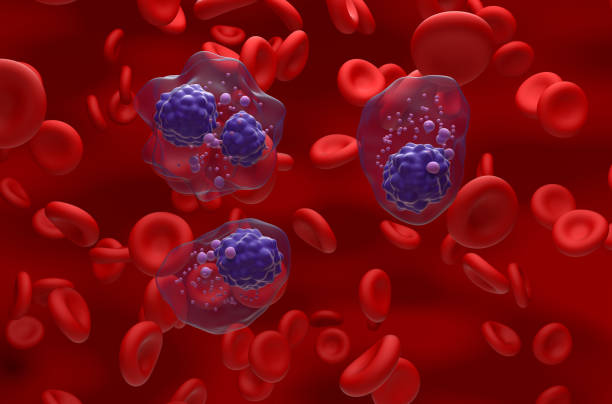Detox Centers: Navigating the First Step in Addiction Recovery
Detox centers play an integral role in the journey towards recovery from substance abuse. These specialized facilities provide a medically supervised environment for individuals to safely detoxify from addictive substances, offering the first critical step towards overcoming addiction. Understanding the role, services, and importance of detox centers is essential for those seeking recovery and their loved ones.

What are Detox Centers?
Detox centers are medical facilities designed to assist individuals in the withdrawal process from drugs or alcohol. They provide a structured and safe environment where withdrawal symptoms can be medically managed.
The Importance of Medical Detoxification
Detoxification is the process of allowing the body to rid itself of a substance while managing the symptoms of withdrawal. It’s a crucial first step in addiction treatment because:
- Withdrawal can be dangerous: Certain substances, including alcohol and benzodiazepines, can cause life-threatening withdrawal symptoms.
- Reduces relapse risk: Properly managing withdrawal symptoms can decrease the likelihood of immediate relapse.
- Sets the stage for further treatment: Detox is often followed by additional treatment modalities, including therapy and rehabilitation.
Services Offered in Detox Centers
- Medical Supervision: Continuous monitoring by healthcare professionals.
- Medication-Assisted Treatment: Use of medications to ease withdrawal symptoms and cravings.
- Counseling and Psychological Support: Assistance in dealing with the emotional and psychological aspects of withdrawal.
- Nutritional Support: Ensuring patients maintain a balanced diet through the detox process.
Types of Detox Centers
- Inpatient Detox Centers: Require patients to stay at the facility throughout the detox process, offering around-the-clock care.
- Outpatient Detox Programs: Patients live at home but visit the center regularly for treatment and monitoring.
Understanding Withdrawal Symptoms
Symptoms can vary based on the substance abused and the individual’s physical health, history of substance use, and other factors. Common symptoms include anxiety, insomnia, tremors, nausea, and in more severe cases, seizures or delirium.
Choosing a Detox Center
- Accreditation: Look for facilities that are accredited and comply with health and safety standards.
- Qualified Staff: Ensure that the facility has experienced medical professionals and therapists.
- Treatment Approaches: Consider centers that use evidence-based treatment methods.
- Post-Detox Care: Facilities that offer or coordinate follow-up care and rehabilitation are preferable for long-term recovery.
The Role of Family in the Detox Process
Family involvement can be crucial, offering emotional support and understanding. Some detox centers encourage family participation in certain aspects of the treatment process.
After Detox: The Path to Recovery
After completing detox, ongoing treatment is critical for long-term recovery. Options may include residential or outpatient treatment programs, counseling, and support groups.
Financial and Insurance Considerations
Understanding the cost and insurance coverage is essential. Many detox centers accept health insurance, but coverage can vary.
The Emotional Journey of Detox
Detox can be physically and emotionally challenging. Patients often experience a range of emotions from fear and anxiety to hope for the future.
Post-Detox Options
After detox, individuals should engage in further treatment which may include:
- Residential Treatment Programs: Provide structured care and therapy in a live-in facility.
- Outpatient Programs: Offer therapy and support for those who live at home.
- Support Groups: Peer groups like Alcoholics Anonymous (AA) or Narcotics Anonymous (NA) can provide ongoing support.
The Future of Detox Centers
Advancements in medical science and a deeper understanding of addiction continue to shape the services offered by detox centers, making the process safer and more effective.
Conclusion
Detox centers are a vital first step in the road to recovery from substance abuse. They provide the necessary medical supervision and support to safely navigate the withdrawal process and pave the way for further treatment and rehabilitation. Choosing the right detox center, understanding the process, and engaging in ongoing treatment are crucial for achieving long-term recovery and a healthier, substance-free life.






